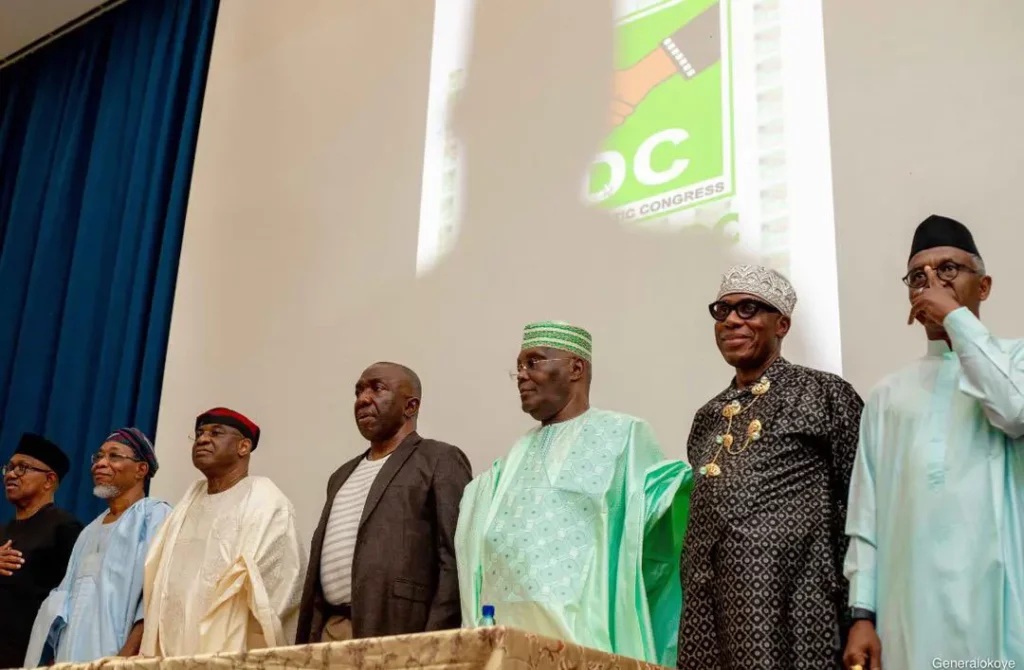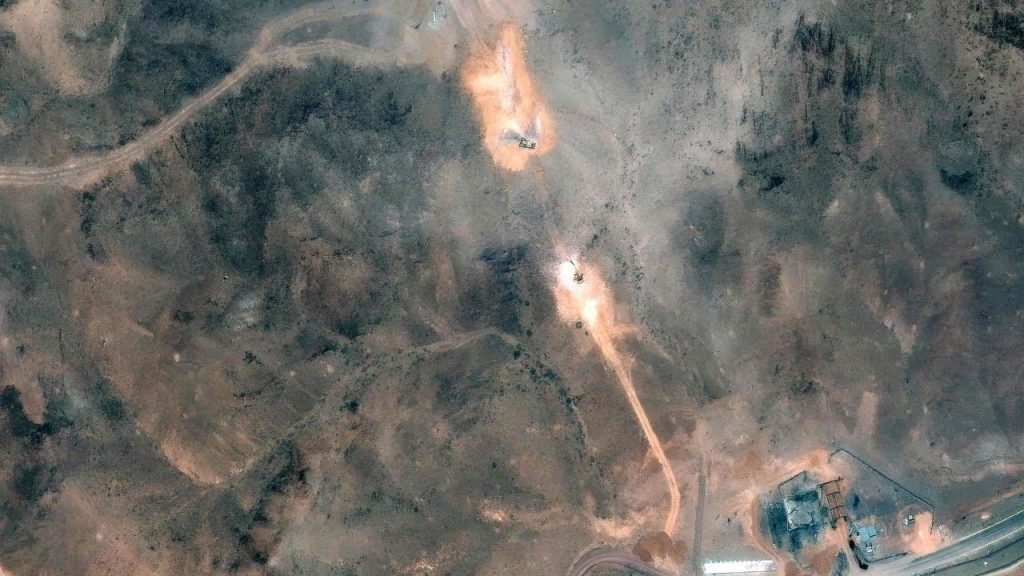Africa
The autism paradox: why increased awareness is key to ending stigmatization

Stakeholders have called for stronger awareness and action against the stigmatisation of Autism Spectrum Disorder (ASD) in Nigeria.
This demand was made in Abuja on Wednesday during the 2025 ‘Shine Your Light’ Autism Spectrum Conference.
The event, themed “Navigating Autism with Understanding in Africa,” was organised by the Ike Foundation for Autism.
The conference was part of activities marking World Autism Awareness Day, celebrated annually on April 2.
World Autism Awareness Day promotes inclusion, acceptance, and recognition of the contributions of autistic individuals.
Speaking at the event, Executive Director of the Ike Foundation for Autism, Dafe Smith, urged society to stop hiding autistic children.
He emphasised the need to replace stigma with understanding, urging families to seek available support and medical care.
“For too long, autism has been met with stigma, misconceptions, and silence,” he said.
“The aim of this conference is to shine a light on autism, to encourage openness and support.”
Smith noted that many Nigerian parents still hide their autistic children due to societal pressure.
He stressed that access to therapy and intervention services can improve the well-being of autistic individuals.
“We have established an early intervention centre where parents can bring their children for therapy,” he added.
He called for acceptance, awareness, and an end to discrimination against people on the autism spectrum.
A neurologist at Maitama District Hospital, Dr Mimi Osamwonyi, explained autism as a neurodevelopmental condition.
She said autism affects social interaction, communication, and behaviour, with symptoms varying in severity.
“This variation in symptoms is why it is called Autism Spectrum Disorder,” she said.
Osamwonyi noted that autism affects one in ten children globally, but data in Nigeria is limited.
She cited research estimating Nigeria’s autism prevalence at about 2.3%, though diagnosis remains a challenge.
“It appears to affect more boys than girls,” she stated.
She attributed the condition to genetic factors, family history, and prenatal exposure to certain medications.
According to her, early diagnosis and intervention are crucial for improving social and behavioural development.
“However, intervention at any age is beneficial,” she assured parents.
She warned that delayed diagnosis could lead to social isolation, poor academic performance, and low self-esteem.
Osamwonyi called for increased awareness, community engagement, and better education on autism across Nigeria.
She also urged the government to invest in autism research and awareness campaigns.
Director of Family Health at the Federal Ministry of Health, Dr Binyerem Ukaire, lamented the stigma surrounding autism in Nigeria.
Ukaire, represented by Mrs Helen Akhigbe-Ikechukwu, stressed the importance of early diagnosis and inclusive education.
She said autistic individuals need a supportive community and policies that promote inclusion.
“We must create inclusive schools where autistic individuals can learn alongside their peers,” she stated.
She also urged civil society organisations to advocate for increased funding for special needs education.
Chairman of the Parents Therapist Association at the Ike Foundation for Autism, Ajala Ibrahim, echoed similar concerns.
He emphasised that awareness, early diagnosis, and intervention are key to improving outcomes for autistic children.
“Society should see autistic children as individuals with potential, rather than stigmatise them,” he said.
Ibrahim urged the government to invest in awareness campaigns and provide financial support for autism care.
“The cost of managing autism is high, and families need support,” he added.
Minister of State for Youth Development, Ayodele Olawande, also spoke at the event.
Olawande, represented by Dr Obinna Ebirim, stated that autism should not be seen as a limitation.
“The autism spectrum is not a disability, but a different way of experiencing the world,” he said.
He noted that the ministry’s two-year strategic plan prioritises inclusivity and empowerment for all youth.
“This includes policies to support young people with disabilities, including those on the autism spectrum,” he stated.
He assured that autistic individuals will have access to skills development and empowerment opportunities.
The conference ended with a renewed call for collective action against autism stigma in Nigeria.
For Diaspora Digital Media Updates click on Whatsapp, or Telegram. For eyewitness accounts/ reports/ articles, write to: citizenreports@diasporadigitalmedia.com. Follow us on X (Fomerly Twitter) or Facebook












